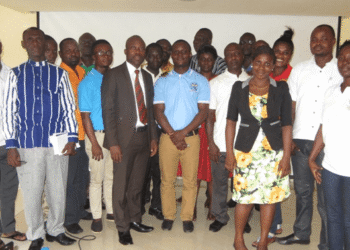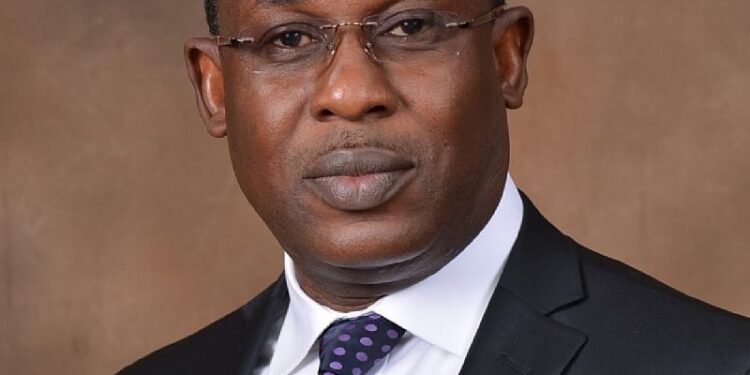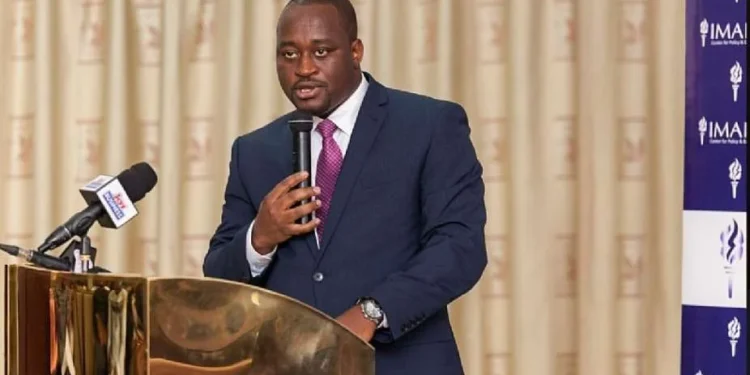The Budget Statement and Economic Policy of Government for the 2026 Financial Year (2026 Budget) was read by the Minister of Finance (Hon. Dr. Cassiel Ato Forson) on behalf of the President (H.E. John Dramani Mahama) in accordance with Articles 179 of the 1992 Constitution and Section 21 of the Public Financial Management Act, 2016 (Act 921) to Parliament (the 9th Parliament).
According to the Minister, the government met the economy in distress but has restored fiscal discipline, macroeconomic stability, a stable Cedi, and rekindled investor confidence. He declared that “fiscal discipline is the backbone of national progress – a powerful truth.” He also confessed that “President Mahama has made it clear that under his watch, the integrity of our public finances will remain sacred.”
The 2026 Budget outlined three strategic priorities to reset for growth, jobs, and transformation: Consolidating Macroeconomic Stability, Accelerating Economic Transformation and Job Creation, and Strengthening Security and Social Sectors for Inclusive Growth.
Broader Outlook
The global economy showed remarkable resilience amid deepening global uncertainty, trade disputes, and geopolitical tensions. According to the IMF, global growth is projected at 3.2% in 2025 and 3.1% in 2026.

Sub-Saharan Africa is expected to chart a steady path toward recovery with projected growth at 4.1% in 2025 and 4.4% in 2026.
ECOWAS Sub-Region growth is expected to rise from 4.4% in 2025 to 4.7% in 2026, signaling a gradual and broad-based recovery. Ghana has made significant progress toward the convergence, demonstrating that Ghana is not only stabilizing its economy but also reasserting its role as a leader in regional economic integration.
2026 Budget – Ghana’s Economy in 2025
The Economy expanded by 6.3% in 2025H1, Inflation dropped from 23.8% in December 2024 to 8% in October 2025. The monetary policy rate was reduced from 28% to 21.5%, external balances have improved, and Fiscal discipline has been restored.

According to GSS, overall GDP expanded by 6.3% in 2025H1 against 5.1% in 2024H1, broad-based and driven mainly by the services and agriculture sectors. The services sector, the primary engine of growth, expanded by 8.8% 2025H1, compared to 3.2% 2024H1. Agriculture grew by 6.0% 2025H1, compared to 2.9% 2024H1. Growth was broad-based on crops (6.2%), livestock (5.8%), and fishing (7.7%). Industry sector grew by 3.2% and Manufacturing expanded by 6.3%, compared to 0.5% in 2024H1.
According to the Minister, total consumption expenditure grew by an average of 6.7% in 2025H1, up from 5.4% in 2024, showing renewed household confidence and the government’s deliberate efforts. Exports of goods and services also performed strongly, growing by an average of 11.5% in 2025H1, up from 10.0% in 2024H1.
Headline inflation fell from 23.8% in December 2024 to 8% in October 2025, the lowest recorded inflation since mid-2021 and the tenth consecutive monthly decline.

The primary balance (commitment basis) recorded a surplus of 1.6% by September 2025, from a deficit of 3.0% of GDP in 2024, outperforming targets of a 1.5% surplus by year-end.
The introduction of the fuel levy in July 2025 helped close loopholes, improve tracking, and widen the tax net without burdening productive sectors, said the Minister.
Ghana has now moved from a high risk to a moderate risk of debt distress, a major milestone on the path to debt sustainability and creditworthiness restoration.

Total revenue and grants for the first three quarters of 2025 amounted to GH¢154.9 billion (11.1% of GDP) – 4.7% below the target of GH¢162.6 billion (11.6% of GDP) – it’s an improvement. Total expenditure on a commitment basis for the first three quarters of 2025 amounted to GH¢175.9 billion (12.6% of GDP) – 15.0% below the budget target of GH¢207.0 billion (14.8% of GDP).
Ghana’s public debt has fallen sharply since January 2025, showing that the debt management strategy is working and fiscal consolidation is delivering results. Public debt (provisional) declined from GH¢726.7 billion (61.8% of GDP) at end-December 2024 to GH¢630.2 billion (45.0% of GDP) by end-October 2025. Debt accumulation rate fell from a positive 19.1% in 2024 to a negative 13.3% by October 2025.
This turnaround reflects disciplined fiscal management, prudent borrowing, effective liability operations, and a strong performance of the Ghana cedi.
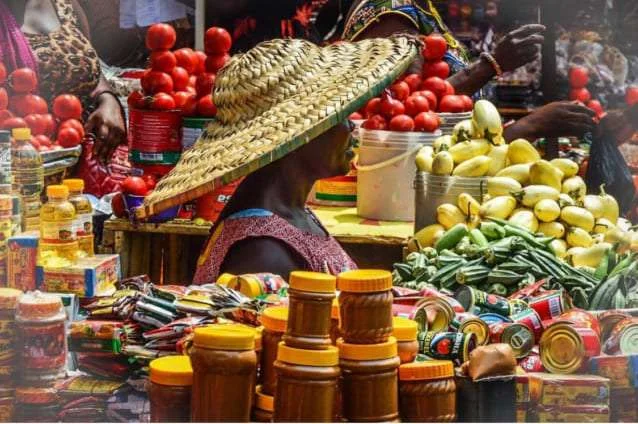
External debt declined by GH¢97.6 billion (23.4%), from GH¢416.8 billion in December 2024 to GH¢319.2 billion in October 2025, driven by cedi appreciation, fiscal discipline, and reduced external borrowing.
Domestic debt, on the other hand, rose only modestly, from GH¢309.8 billion to GH¢311.0 billion, reflecting controlled domestic financing to support the 2025 Budget. This represents 49.4% of total public debt, up from 42.6%. This shift underscores the government’s commitment to deepening local financial markets and reducing external vulnerabilities. Ghana’s debt trajectory has shifted decisively toward sustainability.
Bilateral agreements have already been signed with China, Finland, France, Germany, Spain, and the United Kingdom, with the remaining countries expected to finalize theirs by December 2025. Ghana’s comprehensive debt restructuring is firmly on track.

Borrowing costs have fallen dramatically across all maturities: the 91-day Treasury Bill rate fell to 10.67% in October 2025 from 28.04% in December 2024 – the lowest in nearly 14 years; the 182-day rate fell to 12.47% from 28.68%; the 364-day rate dropped from 30.07% to 12.88%.
Ghana’s recovery is acknowledged globally and sovereign credit ratings have improved across all major international agencies: Fitch Ratings upgraded Ghana’s Long-Term Foreign-Currency Issuer Default Rating to ‘B-’ with a Stable Outlook on 16th June 2025, Moody’s Investors Service, upgraded Ghana’s long-term foreign and local currency ratings to ‘Caa1’ from ‘Caa2’, a Stable Outlook in October 2025; S&P Global Ratings raised its long-and short-term foreign and local currency sovereign credit ratings on Ghana to ‘B-/B’ from ‘CCC+/C’ with stable outlook and revised up transfer and convertibility assessment on Ghana to ‘B-‘ from ‘CCC+’.
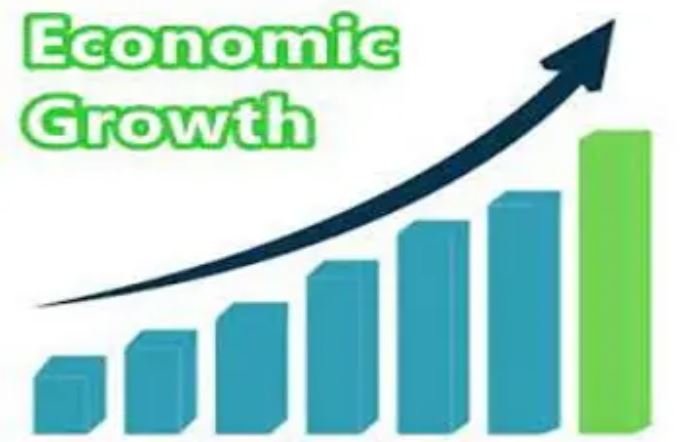
Dr. Ato Forson cautioned that “while Ghana’s recovery in 2025 remains strong, we must stay alert to fiscal risks that could slow our progress. Pressures in the cocoa, financial, and energy sectors still pose potential threats to stability. Government’s focus is clear, to confront these risks head-on through disciplined oversight, tighter spending controls, and structural reforms that safeguard debt sustainability and protect the gains of our recovery.”
READ ALSO: Women and Youth, the Focus of Gov’t’s Development Policies – 2026 Budget





